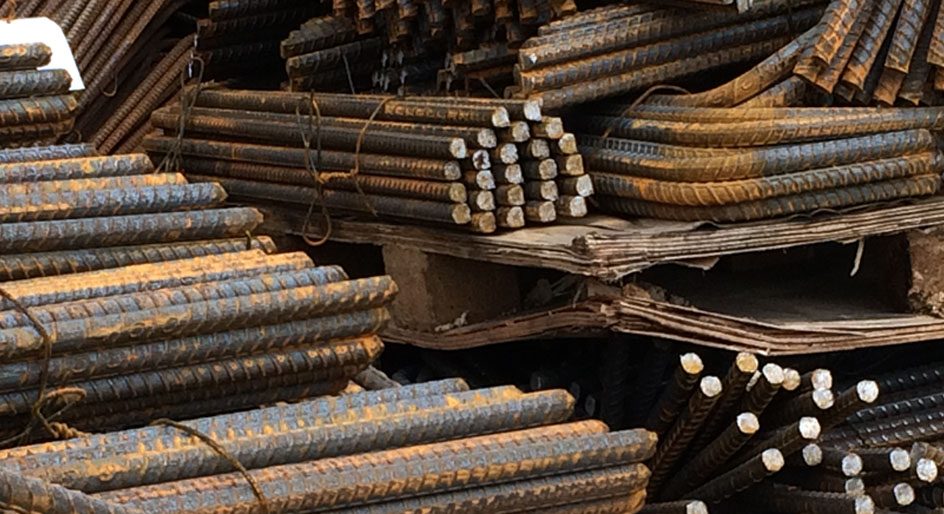The year ahead could bring stable commodity pricing as supply disruptions ease and logistics return to a more normalized level, according to global construction consultancy firm, Linesight.
The company’s Q4 2022 Commodity Report warns that continued inflation and a predicted economic downturn, however, will keep prices high for the time being. Recovery in Canada is expected to fluctuate, dropping to 1.5 per cent in 2023 after rising to 3.5 per cent in 2022.
“High inflation pressures, lower consumer spending, and high interest rates are all weakening the Canadian economy in 2023. Thankfully, inflation is expected to ease throughout 2023 due to improvements in the global supply chain and a tightening of fiscal policy. While general unemployment may rise in 2023, the construction industry is still facing a shortage in core skilled construction labor, resulting in stable labor costs through 2023,” said Patrick Ryan, executive vice president for the Americas at Linesight.
Some key commodities findings in the report include:
- Canadian lumber prices have continued along a slight downward trend over the past quarter as demand has remained subdued. Due to a high dependence on US exports (85 per cent of the US softwood imports are sourced from Canada), prices are linked to the US housing market, which is facing a prolonged downturn.
- Hauler strikes and a shutdown of major plants due to fires reduced cement supply in mid- to late-2022. Supply has gradually recovered, and stocks have been replenished while intensive demand from the housing sector has subsided.
- Although demand from the residential sector has subsided, energy prices have contributed to the high price of concrete blocks and bricks, which may continue to rise thanks to elevated oil and gas prices over the next quarter.
- Canada produces roughly 50 per cent of the North American steel supply, but with supply-side issues easing and inventories stable, demand-side uncertainty has weakened prices.
- Anticipation of a global recession has hurt copper demand, though prices have picked up partly owing to political and social unrest in significant sources like Chile and Peru.
“Residential construction will likely slow in 2023 due to overall economic sentiment and an increase in interest rates,” says Ryan. “The Canadian government has announced a number of major infrastructure projects including road and light rail work in major metropolitan areas, which should help offset some of the slowdown in other areas of the construction industry. Companies looking to navigate today’s volatile market should seek the best advice available.”










